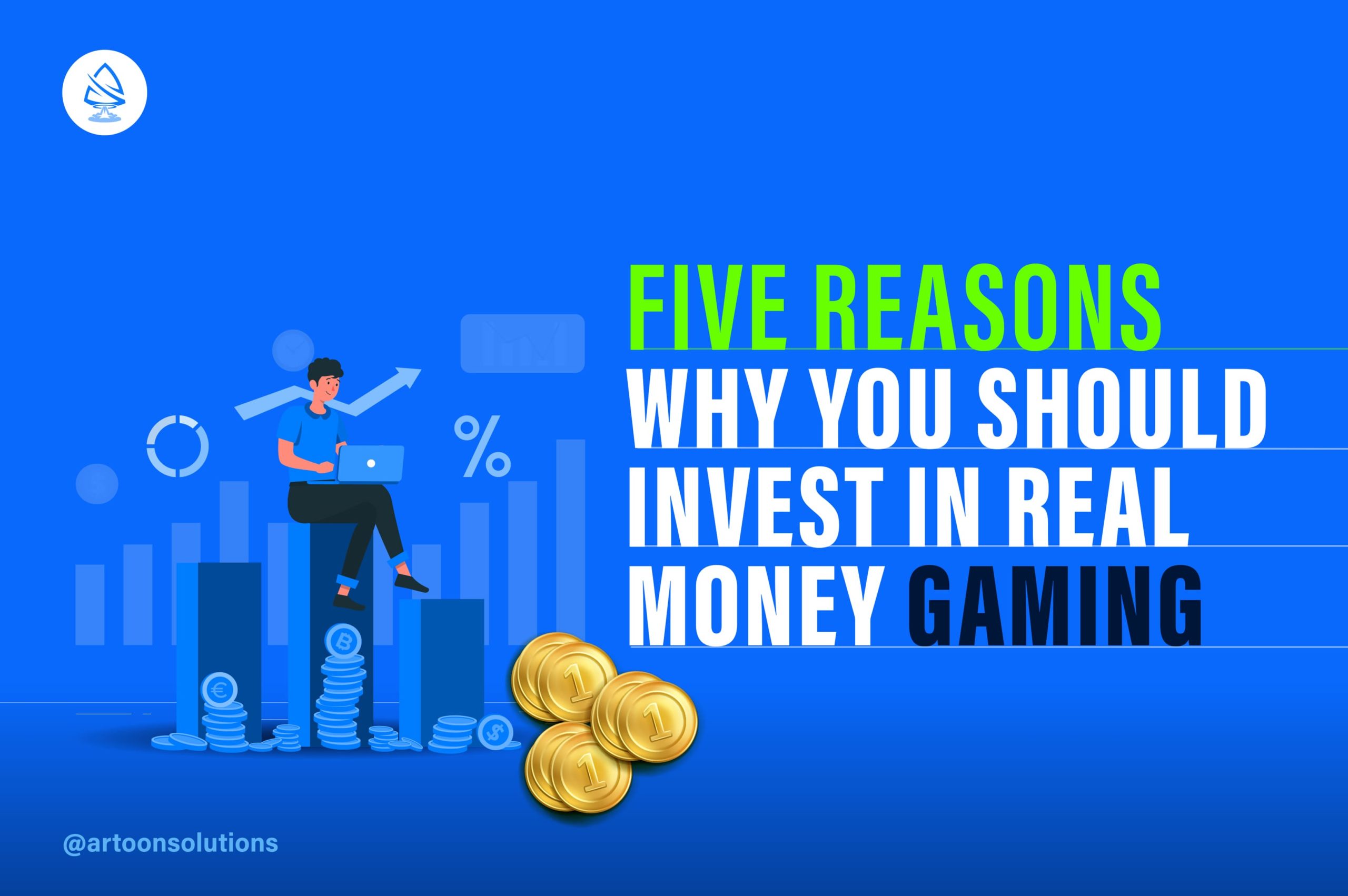Unlocking the Potential of Play and Earn Rewards in the Gaming World
Unlocking the Potential of Play and Earn Rewards in the Gaming World
Blog Article
How Play-to-Earn Gamings Are Reinventing the Pc Gaming Sector

Understanding Play-to-Earn Mechanics
The play-to-earn design has actually emerged as an advanced concept within the pc gaming market, fundamentally modifying the relationship between gamers and the video games they engage with. This model enables gamers to gain tangible incentives, often in the form of cryptocurrencies or non-fungible tokens (NFTs), through their in-game activities. Unlike typical video gaming structures that generally monetize via membership charges or single purchases, play-to-earn video games incentivize player participation by directly connecting gameplay achievements to real-world worth.
At the core of play-to-earn technicians is the integration of blockchain modern technology, which ensures openness and conclusive ownership of in-game assets. Players can acquire, offer, or trade these properties in decentralized markets, empowering them with financial company previously unseen in traditional gaming atmospheres. Each player's contribution to the video game community-- be it through competent play, critical trading, or neighborhood participation-- boosts the total video gaming experience while providing them an opportunity to create earnings.
As gamers spend time and resources, they not just strengthen their involvement with the video game but likewise cultivate a vibrant economy that shows their cumulative initiatives (play and earn rewards). This transformation of gameplay right into a monetizable venture is reshaping both gamer inspiration and video game layout
Financial Effect on Players

In addition, play-to-earn versions equalize accessibility to financial advantages. Players from varying socio-economic histories can participate and possibly gain substantial earnings, linking gaps that exist in traditional job markets. This paradigm shift promotes economic freedom, particularly in regions where employment possibility may be limited.
Additionally, the intro of digital economic situations enables gamers to develop wealth through critical financial investments in in-game possessions, which can value gradually. This has caused the emergence of a new course of players who come close to play-to-earn as a significant income-generating task, frequently resulting in the reinvestment of revenues right into the video gaming ecological community itself. Ultimately, the economic influence on players is profound, as they browse a landscape where leisure and income merge.
The Function of Blockchain Innovation
What makes blockchain technology a foundation of play-to-earn video games is its capacity to offer decentralization, security, and openness. By utilizing a dispersed ledger system, blockchain makes sure that all transactions within the game are taped in an immutable manner, permitting gamers to validate ownership of in-game possessions without depending on a main authority. This openness promotes trust among gamers, as they can individually confirm the scarcity and provenance of electronic things, improving their value.
Moreover, blockchain technology encourages gamers with decentralization, allowing them to involve in peer-to-peer transactions. Gamers are no more constrained to in-game economies regulated by developers; instead, they can trade, sell, or lease their assets freely in open markets. This shift not only increases the overall liquidity of electronic properties however additionally motivates even more significant player engagement, as customers can directly take advantage of their effort and time purchased the video game.
In addition, blockchain helps with the production of clever agreements, which automate numerous in-game procedures, from incentives circulation to governance systems. play and earn rewards. This innovation reduces the danger of scams and makes certain justice, additional strengthening blockchain's essential role in the development of play-to-earn video gaming
Obstacles and Criticisms
Frequently, play-to-earn games deal with substantial obstacles and criticisms that can prevent their development and approval within the more comprehensive gaming area. One primary worry is the possibility for a speculative bubble, where the value of in-game properties can rise and fall drastically, resulting in financial losses for gamers. This volatility weakens the stability that traditional gaming atmospheres normally provide.
In addition, the combination of blockchain technology typically questions about environmental sustainability. The power usage connected with specific blockchain networks has stimulated discussions relating to the ecological effect of these video games. Critics argue that the carbon footprint created by play-to-earn systems could deter eco-conscious players.
In addition, there are concerns regarding access and inclusivity. Many play-to-earn video games need players to invest considerable in advance funding to obtain required possessions, developing obstacles for those with restricted financial sources. This model can accidentally produce a divide in between wealthier players and those that can not my link afford to get involved.
Future Trends in Pc Gaming
As the video gaming sector continues to evolve, a number of future fads are emerging that assurance to improve the landscape of play-to-earn video games and past. One considerable fad is the enhancing assimilation of blockchain technology, which enhances transparency and safety in purchases. This will likely result in greater depend on amongst gamers, motivating bigger fostering of play-to-earn designs.
Additionally, the increase of non-fungible tokens (NFTs) is set to change electronic possession, enabling gamers to genuinely have in-game possessions. This shift will certainly not just encourage gamers yet additionally create brand-new economic chances within the virtual ecosystem. Additionally, the merging of pc gaming with various other markets, such as social networks and decentralized money (DeFi), is expected to promote ingenious gameplay auto mechanics and monetization strategies.
Additionally, advancements in synthetic intelligence and equipment understanding will certainly allow extra tailored pc gaming experiences, satisfying specific player choices and enhancing interaction. The expanding emphasis on community-driven advancement will check out here likely affect game design, as players increasingly participate in forming their gaming settings. Jointly, these fads show a transformative future for the pc gaming market, where play-to-earn versions will play a main role in redefining player communication and value development.
Final Thought
To conclude, play-to-earn video games represent a considerable shift in the pc gaming industry, fostering economic possibilities through ingenious mechanics that leverage blockchain modern technology. This version not only democratizes accessibility to monetary advantages for gamers from various socio-economic histories yet likewise motivates area interaction and empowerment. Regardless of encountering difficulties and objections, the possibility for future innovations recommends that play-to-earn games will certainly remain to form the video gaming landscape, supplying brand-new opportunities for riches creation and gamer participation.
The emergence of play-to-earn games represents a considerable shift in the gaming sector, improving the partnership between gamers and the digital economic situation (play and earn rewards).The play-to-earn version has emerged as a revolutionary idea within the video gaming market, essentially altering the partnership between gamers and the video games they involve with. Unlike conventional gaming structures that usually monetize via subscription costs or single acquisitions, play-to-earn video games incentivize gamer involvement by straight connecting gameplay achievements to real-world value
These cutting-edge video gaming platforms empower gamers to create real-world revenue through their in-game tasks, thereby changing the click here to read conventional notion of gaming from a simple pastime right into a practical financial chance. Regardless of encountering difficulties and criticisms, the potential for future innovations recommends that play-to-earn video games will certainly continue to form the pc gaming landscape, using new methods for wealth development and gamer involvement.
Report this page